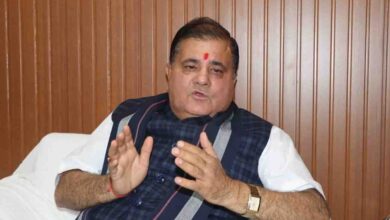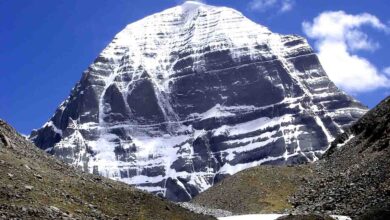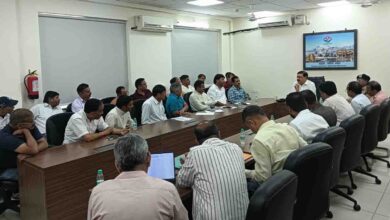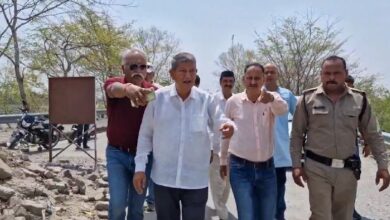Roadways buses on Delhi route unlikely to resume service fully this winter
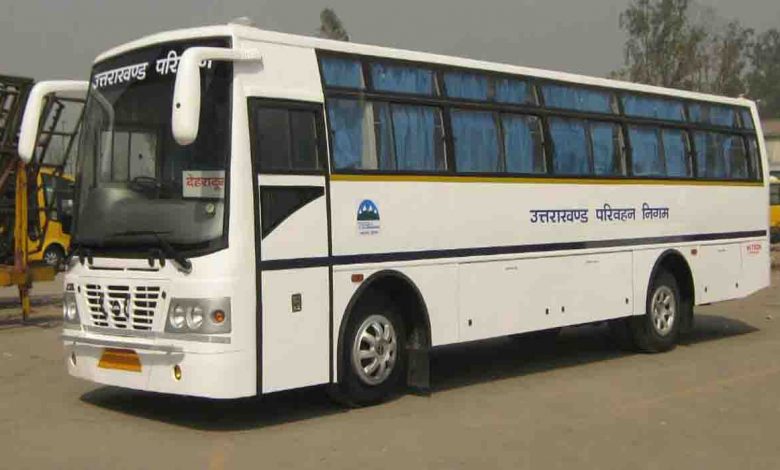
Private operators accused of hiking fares to exploit passengers
PNS | DEHRADUN
The ongoing ban on 194 diesel buses operated by the Uttarakhand Transport Corporation (UTC) on the Delhi route, implemented under the Graded Response Action Plan (GRAP) to combat Delhi’s alarming air pollution levels, is likely to persist until at least February which is expected to cause considerable inconvenience to the public interest Uttarakhand and Delhi. This has left passengers bearing the financial brunt as private operators hike fares in response to reduced public transport options.
The president of Uttarakhand Roadways Employees Union (UREU) Ashok Chaudhary said that over 400 buses from the Garhwal and Kumaon regions used to operate daily to Delhi. However, following the ban on BS-IV diesel vehicles in the Delhi-NCR region, UTC had to suspend services for these buses. Currently, only 269 vehicles, including 180 CNG, 12 BS VI Volvo and 77 BS VI ordinary buses, are operational on the route. He claimed that efforts to restore full services have been slow.
Chaudhary stated that the UTC had plans to procure 130 new buses and operate an additional 100 buses on a contractual basis on the Delhi route. However, these plans are yet to materialise and the resumption of services to pre-ban levels is expected to take two to three months, he claimed. The secretary of the Roadways Karamchari Sanyukt Parishad Dinesh Pant also agreed that it will take considerable time for UTC to resume the operation of all buses. Meanwhile, private operators have stepped into capitalise on the situation. Chaudhary accused these operators of exploiting the reduced public transport options by significantly increasing fares. He claimed that around 500 private vehicles are now transporting thousands of passengers daily from various parts of Uttarakhand to destinations such as Rajasthan, Madhya Pradesh, Uttar Pradesh and Delhi. “At least 150 private vehicle operators are taking hundreds of passengers from Dehradun every day. Many of these private operators are running luxury buses illegally under All India Carriage permits. These buses, which are not authorised to carry individual passengers, continue to operate illegally and offer online ticket bookings against the law,” he said.
Pant also claimed that the Transport department’s inaction against these operators has further compounded the issue. Before the ban, the UTC ran 504 daily services on the Delhi route, generating over 60 per cent of its revenue. The reduced services, with only 310 buses now operational, have significantly impacted the corporation’s earnings and left passengers stranded and vulnerable to exploitation. This correspondent attempted to reach the joint transport commissioner of Uttarakhand, Sanat Kumar Singh for comments on the matter but he was not available. As the situation persists, both passengers and UTC continue to grapple with the fallout, awaiting concrete measures to restore order and reliability to the State’s transport network.



